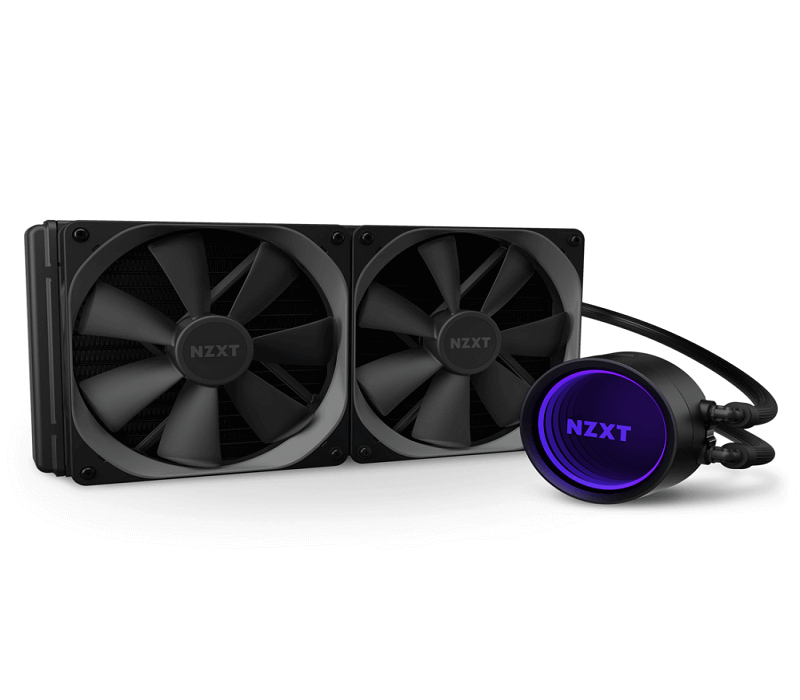
Providing a good cooling solution to your processor is mandatory in order to enjoy its performance and maintain its boost clock as long as possible. And one of the most common CPU coolers nowadays is the AIO coolers.
AIO coolers are a great pick for those who would like to push their CPU beyond its limits by overclocking it. Besides, this type of coolers also has a huge impact on the look of the gaming rig since they are often eye-appealing.
But before you get too excited and buy the first AIO cooler you find, here is some information that you should know regarding AIO coolers.
1-What is an AIO Cooler?
An AIO refers to an All-In-One cooler, a liquid (water) cooling kit operating in a closed circuit. This system comprises three main elements: The water-block, often made of copper, which will be directly in contact with the chips to be cooled, essentially the CPU or the GPU; the pump, which will ensure the circulation of the liquid and the radiator.
2-How long does an AIO cooler last?
On average, the lifespan of an AIO cooler is between 5 and 7 years. However, it may vary based on the quality of materials being used and your maintenance. In other words, if you want that an AIO lasts for a long period of time, you will have to purchase it from a reliable brand and also have to clean it regularly.
3-Do you need to refill AIO coolers?
AIO coolers are closed loop. In other words, they do not require you to refill the liquid. And the reason for that is that they are designed so that you can’t add or take out the liquid inside.
4-Which direction should an AIO liquid cooler flow?
There are several ways to install your AIO coolers. But the one that we highly recommend is by installing it on the interior front of your PC case.
If you wish to learn more about this process, we highly recommend reading this valuable information from Corsair, where they explain where and how to mount your AIO cooler.
5-The risks of AIO coolers and what are the chances of an AIO leaking
Honestly, you shouldn’t worry much about this since the AIO leaking is super low. We don’t have any data that can give you the % of AIO leaking, but as long as we remember, we didn’t face any AIO leaking due to factory error or defect.
6-What happens if an AIO cooler damages other parts?
Big companies such as NZXT, CORSAIR, and EVGA provide warranties in case their coolers damage other components. And therefore, if the leak happens during the warranty period, they will cover the damage cost.
7-Is AIO better than Air Cooling?
AIO coolers provide more cooling performance and are smaller (occupying less space in the case) than big tower air coolers such as Noctua NH-D15. Also, they do not heat the air inside the case as air coolers do. In addition to that, AIO coolers are more aesthetically appealing. However, they are more expensive and slightly noisier.
If you are looking for a CPU cooler, we have recently made a guide on how to choose the perfect CPU cooler for your processor that we believe will help you get the best value for your money.
8-When AIO Coolers worth it?
You should start considering AIO over Air Coolers when you want to improve your gaming rig’s aesthetics or when lacking space inside your PC chassis.
In terms of raw cooling performance, a high-end 360mm AIO cooler will offer you similar cooling performance or slightly better than big tower air coolers such as Noctua NH-D15 or Be Quiet Dark Pro 4.
Therefore, the final decision will be up to you. And it will be mostly about your personal preferences.
Conclusion
We hope that this FAQ has given you an idea about AIO coolers. We know that we didn’t cover every question regarding AIO coolers, but we believe that we have mentioned the essential ones. If you are looking for an answer to a question that we didn’t mention above, feel free to drop it in the comment section below, and we will try to provide you a helpful answer as soon as possible.